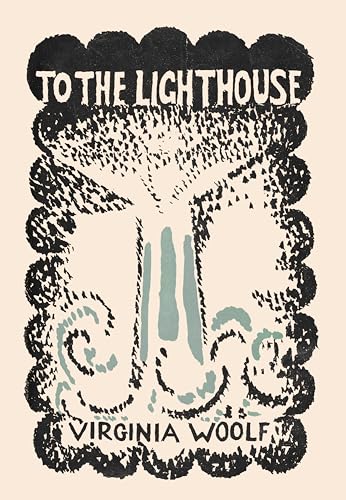As Mrs Dalloway works on the preparations for a dinner party, her thoughts throughout the day wander from memories of the past to interrogations about the present and lead her to assess the choices she has made in life and love. Her monologue interweaves with the account of the distress, on that same day, of the shell-shocked veteran Septimus Warren Smith, whose trauma and hallucinations end in tragedy, as the links between the two characters unfold. One of Virginia Woolf's most famous novels, Mrs Dalloway is a triumph of experimentation, a cornerstone of Modernism and a subtle examination of love, freedom, mental illness and the female condition in society.
Virginia Woolf
Virginia Woolf was a prominent English writer and modernist literary figure. Known for her stream-of-consciousness writing style, she challenged traditional narrative structures and explored themes of gender, class, and mental health in her works. Some of her most notable works include "Mrs. Dalloway," "To the Lighthouse," and "Orlando." Woolf's contributions to literature include her innovative approach to character development and narrative technique, as well as her exploration of the inner lives of her characters. Her most famous work, "Mrs. Dalloway," is considered a masterpiece of modernist literature and a reflection of Woolf's unique literary voice. Woolf's impact on the literary genre is undeniable, as she paved the way for future generations of writers to experiment with form and style in their own works.




